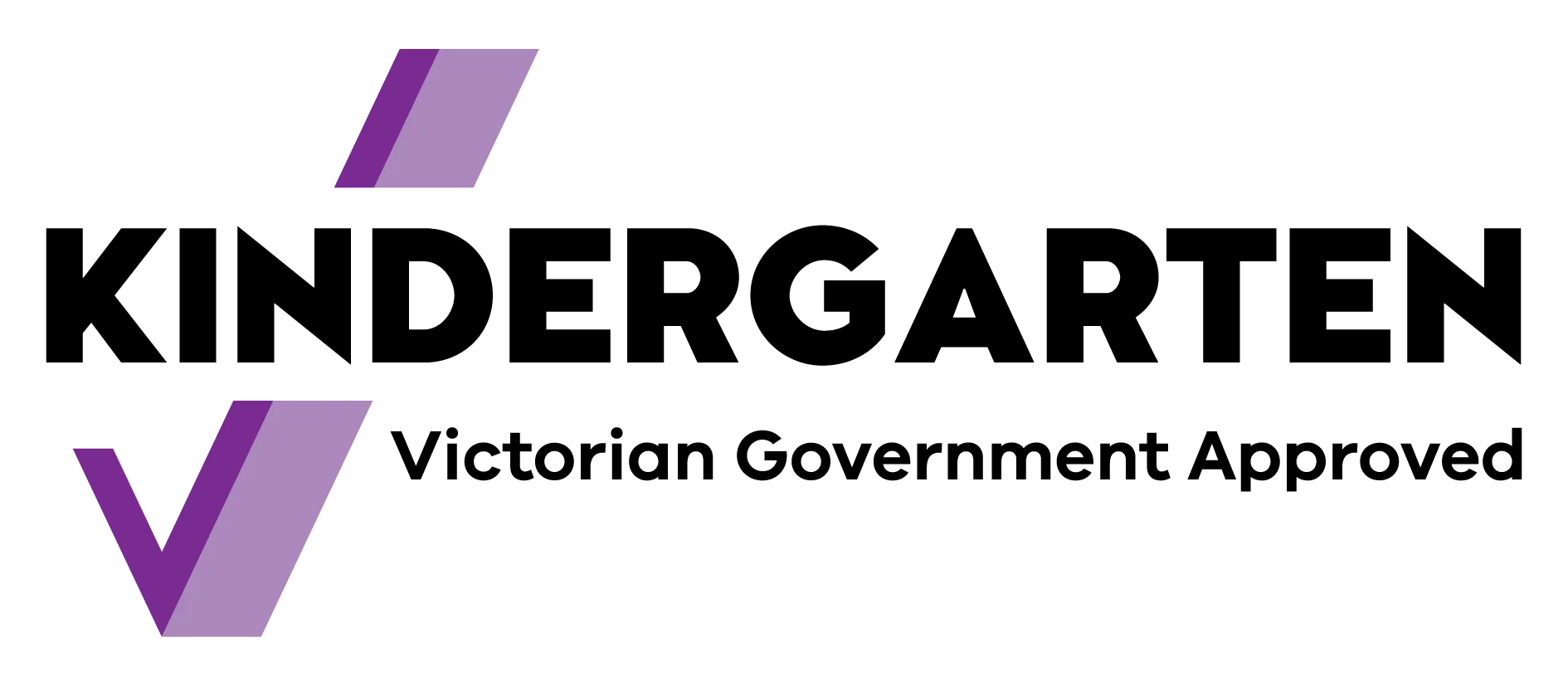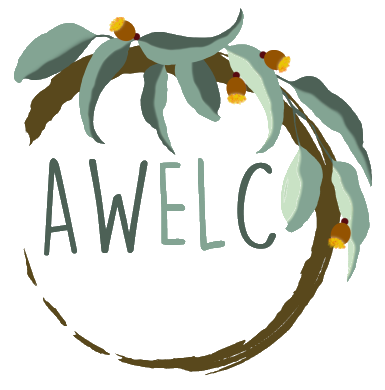Funded Kinder at AWELC
Our Funded Three and Four-Year-Old Programs are run by our Bachelor Qualified Early Childhood Teachers. When your child attends funded kindergarten within a long day care setting, they receive uninterrupted and extended learning which facilitates their learning, growth and development in stimulating environments that are purposeful and inspire curiosity. Your child’s kindergarten years are important and the skills, knowledge and friendships they develop throughout this time will support them through their schooling years and beyond.
Through government support for our Funded Kinder Program, AWELC is able to run a Bush Kinder program, Parent/Guardian and Teacher interviews and additional learning programs as part of our curriculum. This does not impact your daily fees and is part of the funded kinder program. To be eligible for kindergarten funding at AWELC, your child needs to attend a minimum of 2 days, meet the age requirements for their funded Kinder year and have AWELC nominated as your child’s funded kinder place.
Through our educational program, our kinder group develop their sense of agency, independence, self-help, social and academic skills in a structured and supportive environment. Our educational programs allow the children to contribute to the development of the curriculum, which is guided by individual and group interests, challenge what they know and assists them in gaining new insight into the world we live in. Our kinder group also participate in many intentional teaching experiences throughout the year such as water safety, road safety, school readiness, literacy and numeracy projects, cooking, pet awareness responsibility, health and hygiene, and many more.

How our Kinder Program supports school readiness and a holistic development
-
Support children’s emerging autonomy, interdependence, resilience, and sense of agency.
-
Create an environment that promotes self- growth and confidence in self-identities
-
Build upon positive social skills through group experiences and creating a learning space where the children learn to cooperate and collaborate
-
Provide guidance in understanding of fairness, respect, and responsibility
-
Focus on the children’s emotional, spiritual, health and physical wellbeing within the learning environment
-
Embed literacy and numeracy through play-based learning experiences and intentional teaching group times throughout the day
-
Embrace range of skills and processes such as problem solving, inquiry, experimentation, hypothesising, researching & investigating
-
Celebrate disposition for learning such as curiosity, cooperation, confidence, creativity, commitment, enthusiasm, persistence, imagination & reflexivity
-
Role model effective communication to support children to share their ideas, feeling and needs
-
Foster children’s creativity, exploration, growth and learning in a supportive environment
